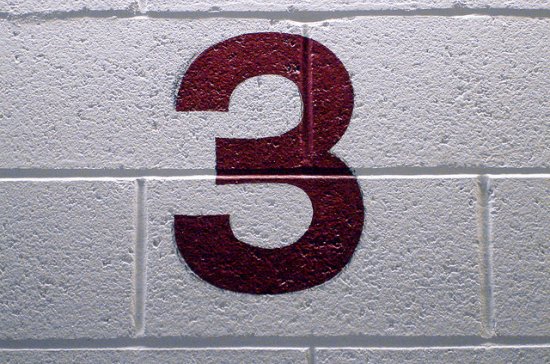
But with either chapter of consumer bankruptcy, there are some debts that either cannot be eliminated or usually are not eliminated. Today, let's take a look at which debts aren't usually discharged and how you can deal more effectively with debts that will survive your bankruptcy:
#1 Secured Loans
These include first mortgages and car loans. While chapter 13 can allow you time to catch up on past due amounts on these two types of secured loans, neither chapter will discharge these debts while you still have possession of the asset. For instance, if you are current on your mortgage and car loan, they typically can continue on after your bankruptcy. If, however, you want to surrender your home or vehicle as part of your bankruptcy in order to get out from under the obligation, you can.
What you can't do is keep the asset and shed the debt. But in a chapter 13, if you owe more on your car than it's worth, you may be able to get the court to lower your outstanding balance to the fair market value. If you have a second mortgage on your home that isn't supported by equity, (home value minus mortgage(s) equals equity), you may be able to diminish or eliminate the second in chapter 13, but not in a chapter 7.
#2 Alimony and Child Support
Don't expect the bankruptcy court to cut you any breaks on child support or alimony, even if you clearly cannot afford to pay what you owe. This is considered a priority debt even though it's unsecured debt. If you have past due balances, a chapter 13 should allow you the time to catch up on these, but you'll have to also keep paying the monthly amount your divorce or support agreement requires. The only way to get the amount lowered is to go back to family court.
But even if the family court lowers your monthly payment obligations, they generally will not excuse your unpaid back balance. You typically have to substantiate dire financial need, loss of income, permanent disability or other extenuating circumstance to obtain a support modification. Chapter 7 won't help you get time to catch up on back balances, but it may help you have more money to put toward that important obligation by eliminating other debts that are dragging down your finances.
#3 Taxes
You may owe back income taxes (state and/or federal), property taxes, local taxes and even withholding or sales taxes if you ran a business. In fact, while you may have been told that taxes can't be discharged in bankruptcy, some actually can be relieved. If you filed your income tax returns on time, but simply couldn't afford to pay the tax owed, you may be able to have some obligations discharged. For income taxes filed at lease two years prior to the filing of your bankruptcy petition, so long as they were filed on time by you, you can likely get relief.
If you never filed your tax return or filed it late, any income taxes associated with unfiled or late filed returns typically will not be discharged as part of your bankruptcy. Property taxes associated with a home or real estate that was foreclosed on may be eligible for discharge, but if you still own the property and plan to keep it, you'll need to pay those taxes. If you withheld payroll taxes from employee paychecks, but never submitted them, don't expect relief. The same goes for sales tax you collected from your customers but never handed over to the proper tax authority.
Finally, you may have heard that student loans cannot be discharged in bankruptcy, but that's not necessarily true. Because of this assumption, most consumers (99.9%) that file bankruptcy and have overwhelming and/or past due student loans never even ask the court to discharge them. But of those that do request relief, 40% are granted either partial or total discharge of their debt. It takes an extra step beyond the standard bankruptcy petition – called an adversary proceeding. Depending on your circumstances, it may be well worth the additional effort and cost.
